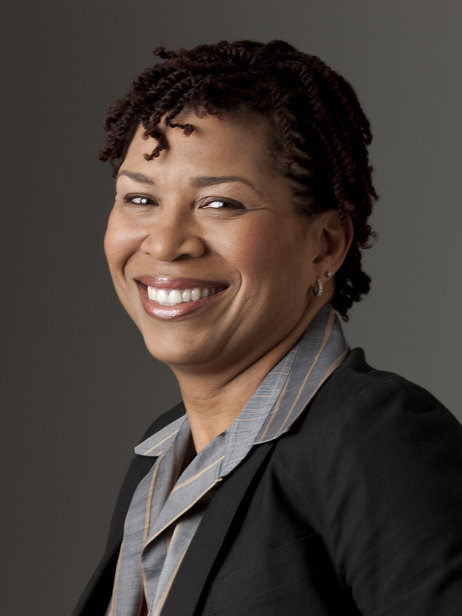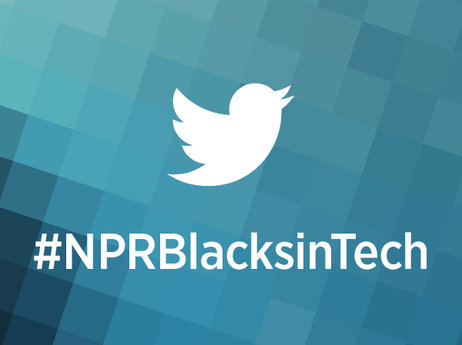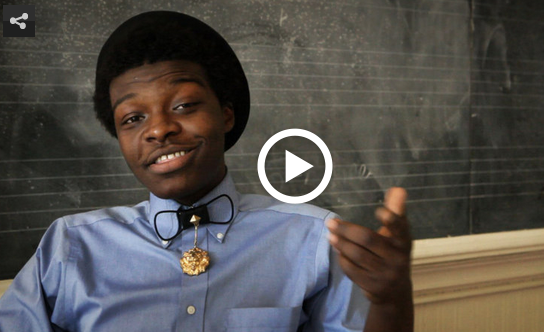The Race Card Project Digs For The Truth About Race In America

Looking out over the multiracial crowd of more than 600 assembled at the University of Akron’s E.J. Thomas Hall, journalist Michele Norris paused in her remarks to make a quick observation.
“Within my lifetime, a theater with this composition would be unheard of, if not illegal,” she said, quickly adding, “And I’m not that old.”
The former host of NPR’s All Things Considered was brought to campus to discuss the growing acclaim of her latest venture, The Race Card Project. Norris, 52, revealed that the project—six-word submissions on race and identity—grew out of increasingly difficult conversations she had with her family on race and being black in America.
Born and raised in Minnesota, Norris was unaware of the collective “code of silence” her older relatives took about their upbringing in the segregated South. It wasn’t until then-Senator Barack Obama’s election prospects began to find firm footing that Norris’ family began to suffer from what she dubbed “historical indigestion.” Long-kept family secrets were now bubbling to the surface.
An uncle revealed that her father had been shot by a white policeman in the 1940s, a secret he never shared with his wife and children. Later, she was able to piece together the full story: as a young man in Alabama, he was on his way to a Constitution study meeting. New laws dictated that black voters needed to know the document intimately to pass the state’s new literacy tests. Norris’ father, Belvin, got into a scuffle with the policeman who did not want him to enter the building where the meeting was held. The gun went off and struck Belvin in the thigh.
Norris reflected on her discovery and her gratitude that her father sought to protect her from harsh realities of the world: “I was raised by someone who had every right to be mad at the world, and he chose not to. I benefited from that.”
Her probe into her family history culminated in her 2010 work, The Grace of Silence. On a whim, she headed to Kinko’s to print 200 postcards to hand out at speaking engagements, asking recipients to share their thoughts on race. “I wanted a window into the conversation you know is out here,” she said. “I wanted to learn about the history with a small ‘h’ — the kind available to you at the dinner table.”
Of that first batch of postcards, Norris received more than 60 responses. From there the project grew, with technology leading the way. Today people can send in their “race card” submissions through the website and Twitter account. To date, more than 38,000 six-word submissions have been archived with the help of college researchers. Thousands more remain to be cataloged.
Perhaps answering the question the audience most wanted to ask, Norris ended her remarks with her own “six words”: Still more work to be done.


